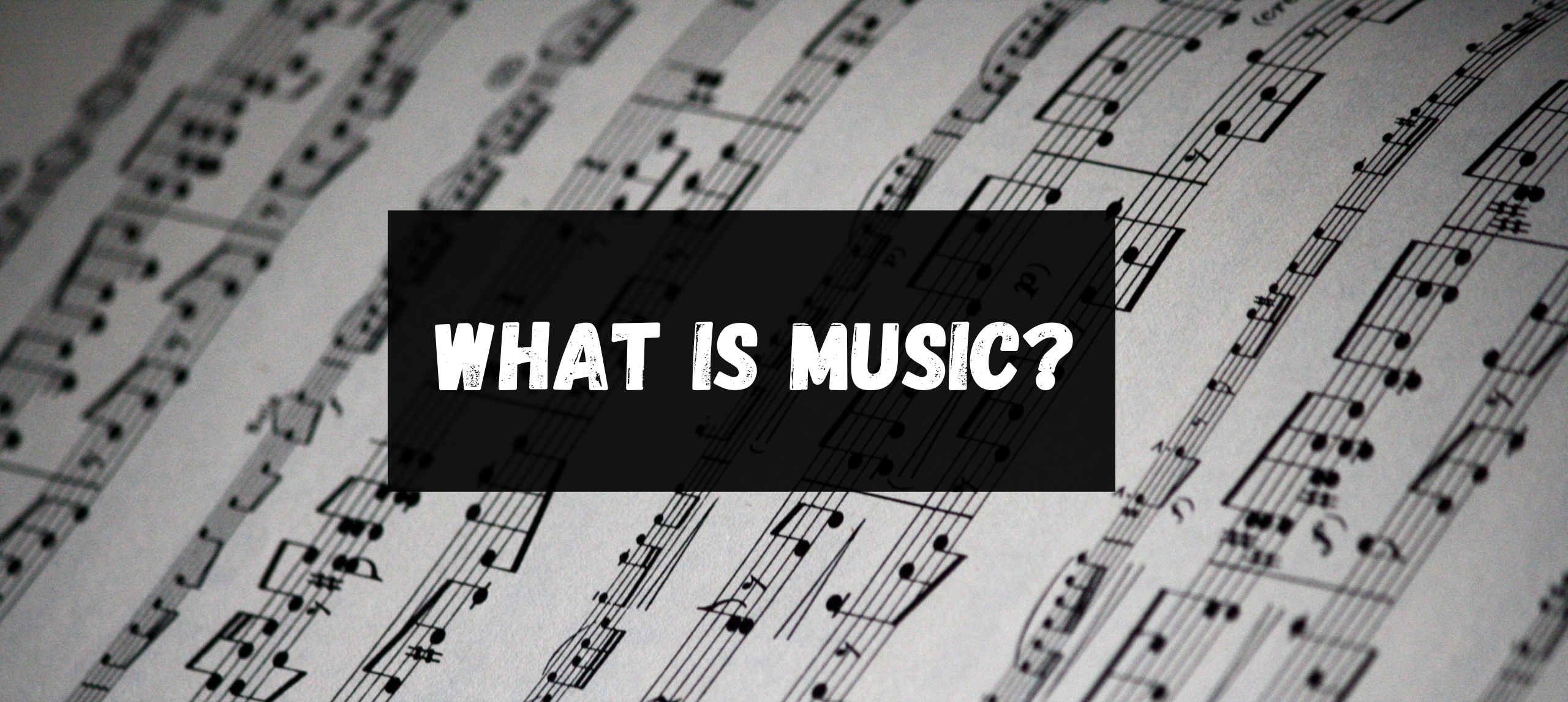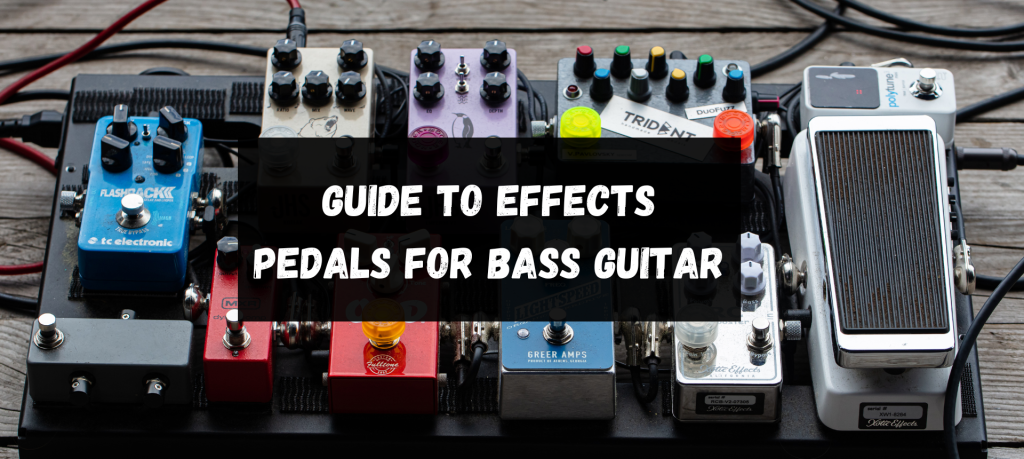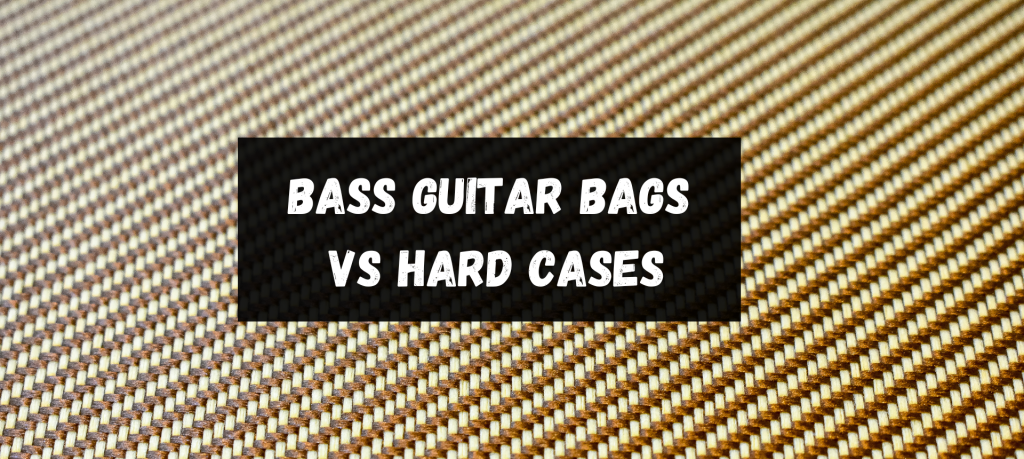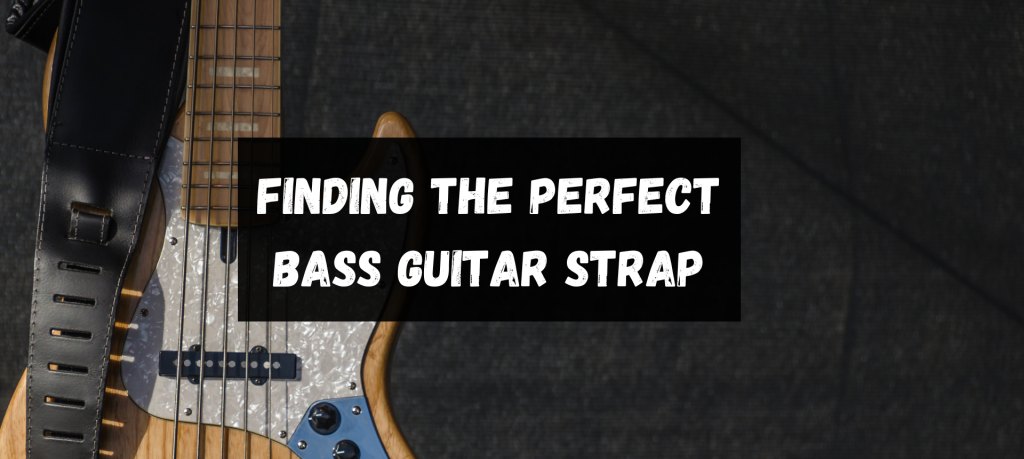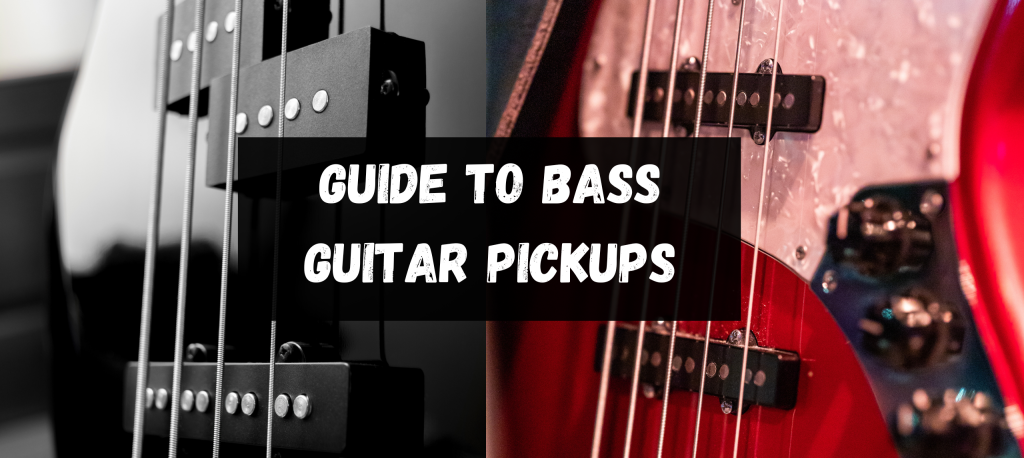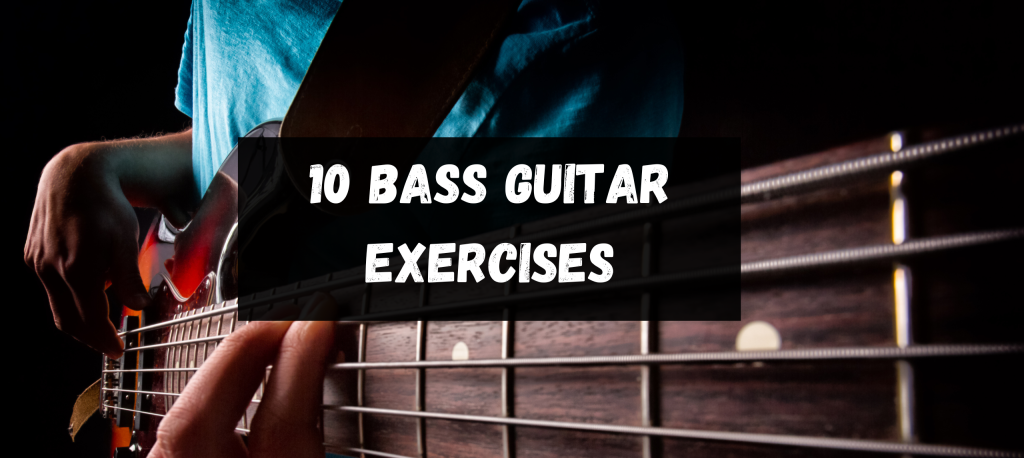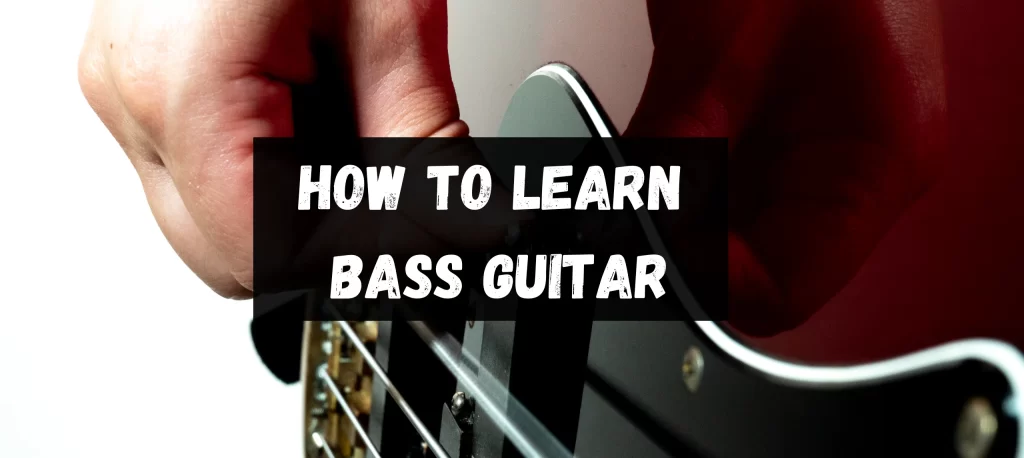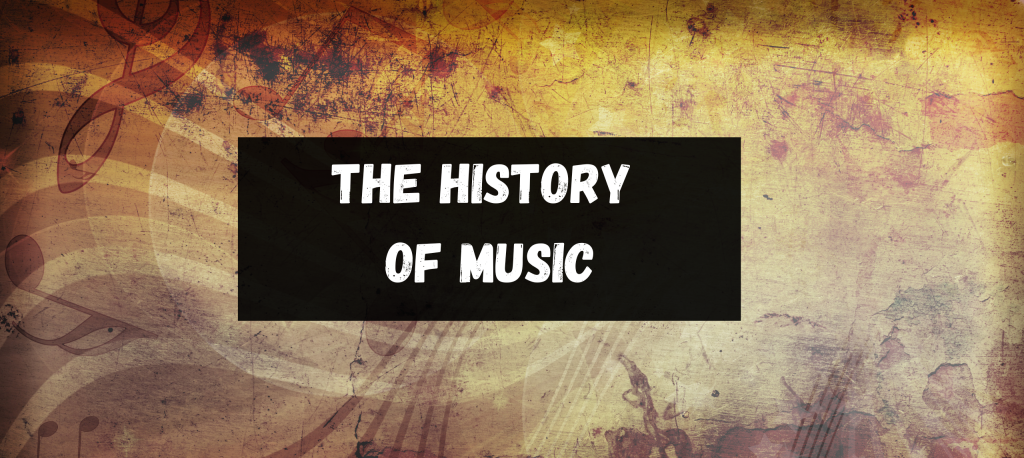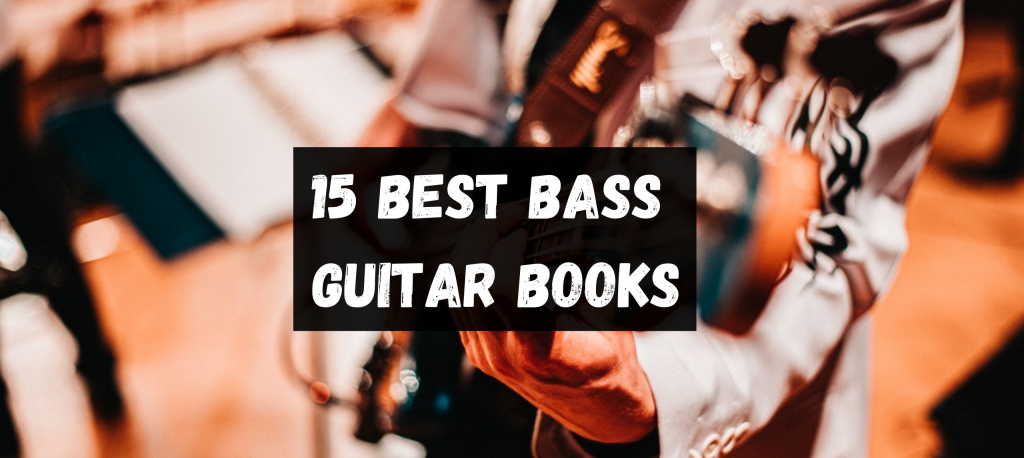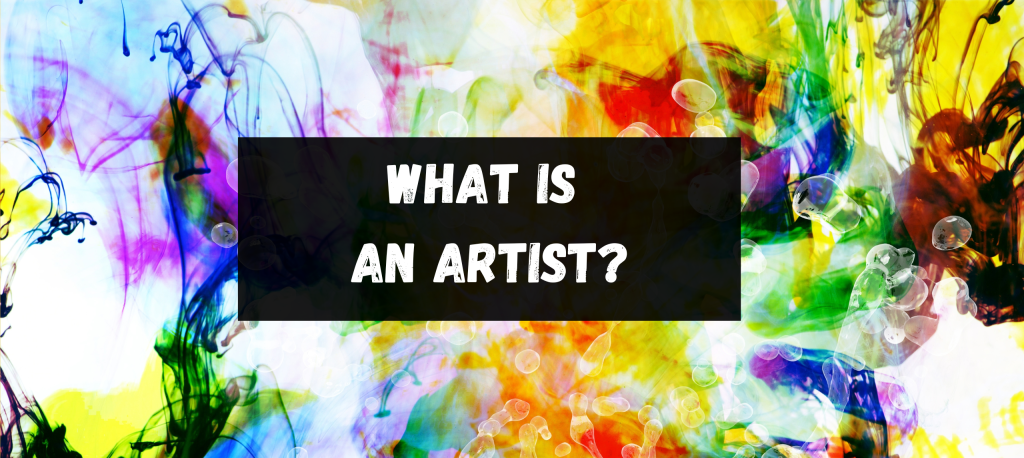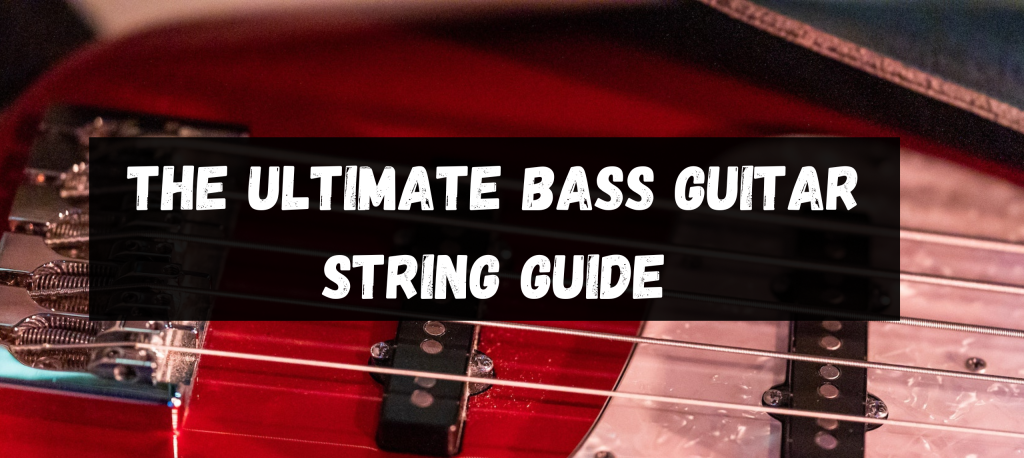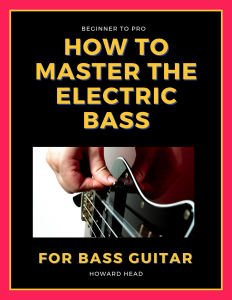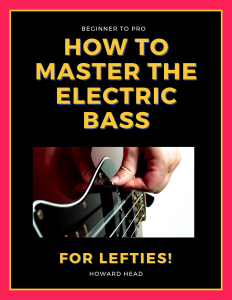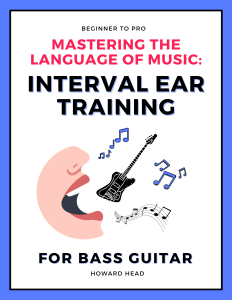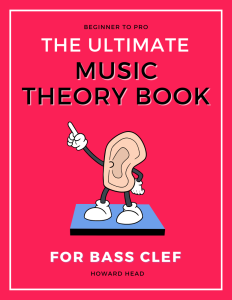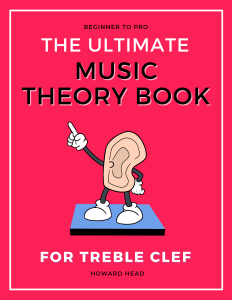November 13, 2022
Howard
What is music? Is it an art form? Is it a complex mathematical theorum? Is it a universal language?
Perhaps it is all of these, but let’s first have a look at the dictionary definition.
Music definition
‘An art of sound in time that expresses ideas and emotions in significant forms through the elements of rhythm, melody, harmony, and colour.’
If we first take the notion that music is an art form, we have another question to explore – What is Art?
Art definition
‘The expression or application of human creative skill and imagination, … producing works to be appreciated primarily for their beauty or emotional power.’
Art History
When we look at the history of western art (and I’ll discuss this in a very generalised sense) but there was a general classical approach that included harmonious composition, precision and realism.
You had several movements take place that were influenced by the following:
- Events and the storytelling of events, (ancient and medieval art)
- Individualism (Renaissance art)
- Exaggerating ideal beauty/renaissance art – Mannerism was the first movement to contain artificial or unnatural qualities,
- Interests – Expanding human intellect (Baroque)
- Decorative and softer version of baroque (Rococo)
- Historical discoveries of ancient civilisation (Neo-classical)
Then Romanticism occurred, where there was a rejection of order, harmony, and rationality and a focus on individualism and imagination.
From this point, the art world began the quest to find out what art is by challenging the preconceived ideals and forms of classical art. Which is why lots of new forms of art emerged quite rapidly, as each movement strips an element of classical art apart, hoping to get closer to the answer to the question, what is art?
After going through many movements and stripping elements away until the very essence of art was left, we ended up with conceptual and contemporary art, where art can essentially be anything you want it to be as long as there’s a concept, a representation, a meaning or a function of the artwork, that creates intrigue or an emotional response from the consumer.
Music history
The history of music is very much linked to the history of art. However, prior to the challenge of music, there was a build-up of the components and an invention of notating these components. The components can be divided into four categories, which are:
Pitch
Which governs melody (notes going horizontally) and harmony (notes going vertically/more than one note being played at the same time)
Rhythm
Which determines when notes are played. And is generally organised through the metre (recurring patterns and accents) and tempo/ BPM (beats per minute)
Dynamics
The volume or energy of how something is heard.
Sonic qualities
Timbre (the perceived tone quality) and texture (how all the elements are combined)
I won’t go into the specifics of every technique, form and nuance that strongly characterise every musical era; however, I will go through the general styles.
Just like present music, the music from the past tended to stick to the trends/art movements.
In the renaissance period, there was a focus on individualism which tended to be the content of the music. The music at this point was still developing and relied upon modal scales to make the melody and harmony.
In the baroque period, there was a development from using the modal system to the tonal system we know today. This fitted the current trend of exploring human intellect, and with the tonal system, music was able to become much more complex and richly ornamented. A concept called polyphonic contrapuntal music was created, which essentially means that two independent melody lines are simultaneously used, allowing the music to be further complex.
The next era is the classical period, which is characterised by only having one obvious melody with an accompaniment (otherwise known as homophonic). This made for an easier listening experience, with the melody taking the focus of the music. The melodies are voice-like and gave composers the opportunity to replace singers with the melody being played by instruments.
Just like the trend in Romanticism in art, the romantic period in music was born. As there was a trend in individualism, the music became very expressive, emotional and complex. The whole emphasis was on emotion and drama, so composers started to let go of defined set structures.
From the 20th century, there was the emergence to explore what the very essence of music was? So like in art, elements would be stripped away until you had the essence of music.
An extreme example of this would be ‘4:33’ by John Cage.
In the piece, he chooses to play nothing and let the music be created entirely by the crowd in the room. And so…
Art (music) can potentially be anything YOU want it to be, as long as it creates an emotional response from the consumer.
With this in mind, art and music can be considered good quality if there is the intention to create an emotional response from the listener/viewer. This means that if you want to make high-quality music, you should always go through a thought process of wanting to incite an emotional response from the listener. An instrument is merely a tool to help you implement your ideas and feelings into a sonic audible medium. However, maybe a better approach is to express real emotions from yourself as the musician through the music, where the listener would then feel sincerely.
There should be an intention behind every note you play.
Because ‘Music is the shorthand of emotion’ – Leo Tolstoy
Whether that intended emotional response you decide is to make people dance, happy, sad, angry or any other emotion, then you are making proper music that touches peoples soul. I say ‘soul’ because music has always had a connection to spirituality, especially when you look at church music. But I think that true music should enrich the soul by showing a portion of it that a listener would otherwise not have discovered.
Is pop music really music?
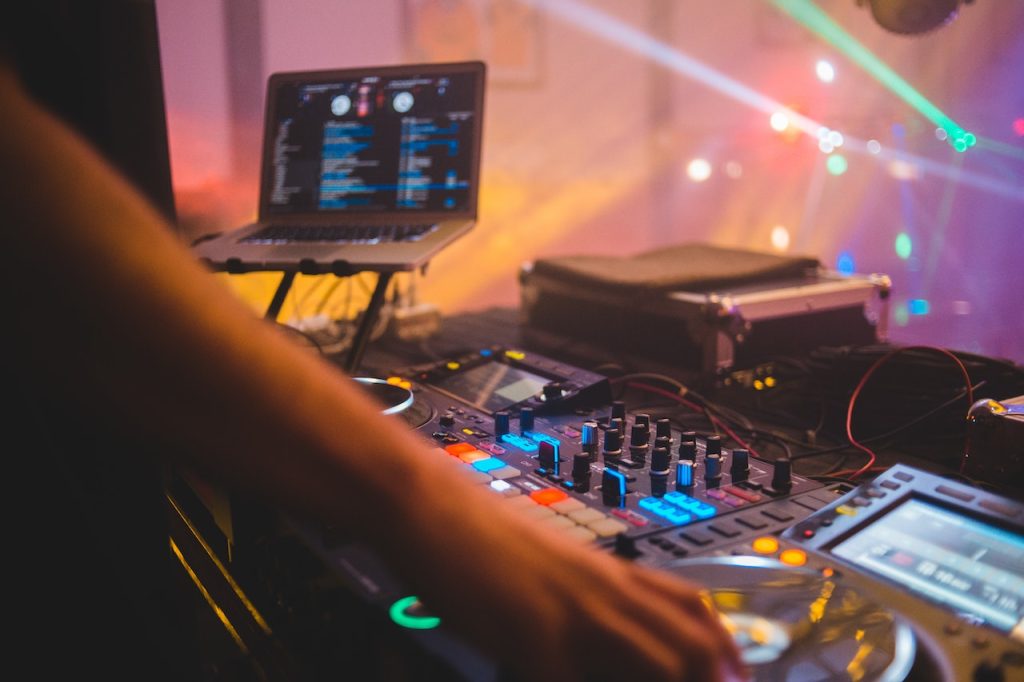
It’s funny how some people can be quite stuck up when it comes to different genres, especially when it comes to classical vs contemporary music. Suppose we take the genre of punk music, for example. Sometimes the musicians would barely be able to play their instrument, but they possessed something which I’d value more important, which is an attitude, a strong feeling about something (in this case, anger). But those raw emotions transcend into the music, and I’d argue, contain the very essence of great music. Even if the music isn’t highly complex or intellectual, it must be emotionally stimulating.
‘It bugs me when people try to analyse jazz (music) as an intellectual theorem. It’s not. It’s feeling.’ – Bill Evans
Of course, nowadays the music industry is comprised mostly of The Big Three:
- Sony BMG
- Universal Music Group
- Warner Music Group
These three companies make up almost 80% of the music market!
The main focus of these companies is to make profit by appealing to various groups of people. Because of the shift of focus from wanting to create profit rather than art, I have to say that we’re slowly moving away from ‘authentic’ music. I don’t particularly have an issue with an artist using 40 songwriters to help write a song, as it’s been happening forever. It may not be as such as a personal song, but a singer can always add their individuality to a song to add the emotion.
One issue I do have, that is particularly prevalent in live music, is the ability to authentically perform art. A singer is not pouring their heart out and penetrating the listener’s soul if they’re poorly miming along to a soulless computerised backing track.
It’s hard to infuse real feeling into music so synthetically constructed.
So perhaps it’s more important than ever to understand what music is. With such advancements in technology, music production is available to everyone. You just need to find a way of adding yourself into your digital music.
If you enjoyed this blog and are interested in learning music theory. Then you may find my music theory books or bass guitar books quite interesting, informative and transcend your learning progression!
Please also check out my other blog on What is Art?
You May Also Like:

Howard Head
I turn confused bass enthusiasts into bass gods through a simple and logical process.

